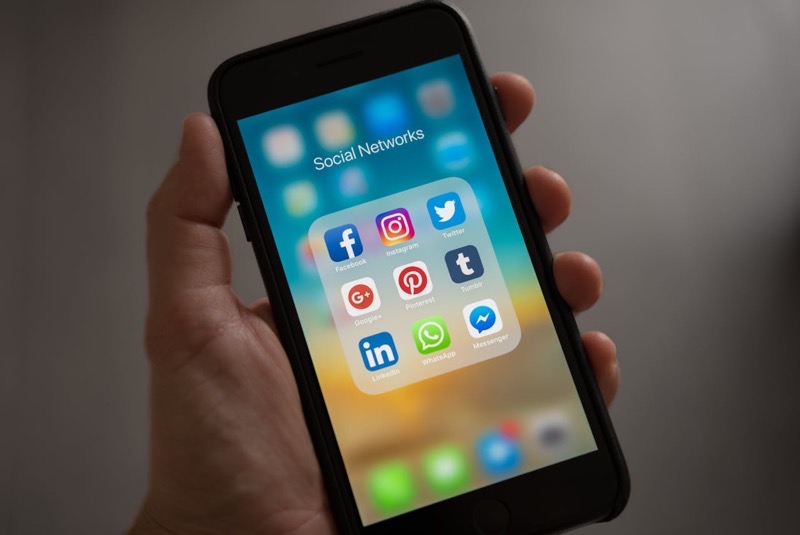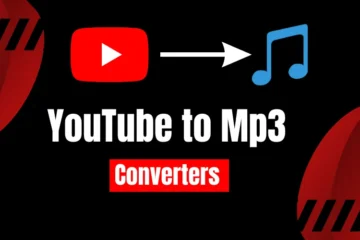In the past few years, a change swept through America. Social media has flipped political conversation and public debate on its head. The old idea that power belongs to people—popular sovereignty—found fresh relevance.
Platforms like Twitter, Facebook, and Instagram have become new battlegrounds for citizens’ voices. They use them to shape political debates. With these platforms, they push societal changes forward while keeping leaders in check with their opinions and comments. This piece uncovers how social media gives strength back into the hands of ordinary Americans.
A Platform for Diverse Voices
Social media gives a megaphone to those often unheard in conventional media spaces. It’s an arena where anyone can express viewpoints, discuss societal worries, or shine a light on unfair practices. This mix of voices adds depth and richness to public discussions and pushes power-wielders to respond widely.
Social media levels the playing field, from minority communities’ concerns reaching mainstream awareness to young advocates making waves. It carves space for every voice within democracy’s framework, thereby supporting inclusivity across all boards.
Mobilizing Grassroots Movements
Social media has risen as a strong force for kick-starting grassroots movements. It lets causes catch on fast and reach wide audiences at the speed of light. Activists now harness these platforms to set up rallies, raise funds, or conveniently inspire community actions.
Cause-centered campaigns like Black Lives Matter or the Women’s March surged forward powered by social media exposure, proving how collective action can push societal issues onto the front lines. Social media bolsters the basis of popular sovereignty. It empowers people to organize online advocacy, leading changes right from the base level.
Enhancing Government Accountability
Social media opens a straight-up path for people to keep an eye on what elected officials and public bodies are doing. Platforms let their users share live updates, uncover dishonesty, or demand responses, which can draw quicker actions from government departments.
This accessibility puts pressure on officials to remain transparent and responsive to their constituents. Social media serves as a vigilant guardian, helping the public uphold standards of integrity within the government and ensuring leaders fulfill their responsibilities to the people.
Encouraging Political Participation
Social media draws people into political involvement. It provides a one-stop shop for information, debates, and resources related to voting. Campaigns from candidates or analyses from political experts share content that enlightens public minds on major issues and policies.
Plus, reminders to vote and information about voter registration deadlines empower citizens to participate more actively in elections. So, as politics becomes more engaging, thanks to social media’s ease-of-use factor, these platforms clearly pump life back into popular sovereignty, with every new citizen playing their bit in shaping the nation’s future trajectory.
Conclusion
In this digital era, social media is sparking a revival of popular sovereignty across America. It uplifts varied voices and nudges grassroots activism while keeping the government directly answerable to the public.
Moreover, these platforms encourage citizens to be involved in democratic procedures. If Americans keep up their engagement on these virtual channels, they can use them as tools for shaping a governing body that mirrors people’s true aspirations.
Keep an eye for more latest news & updates on TRIBUNE!




